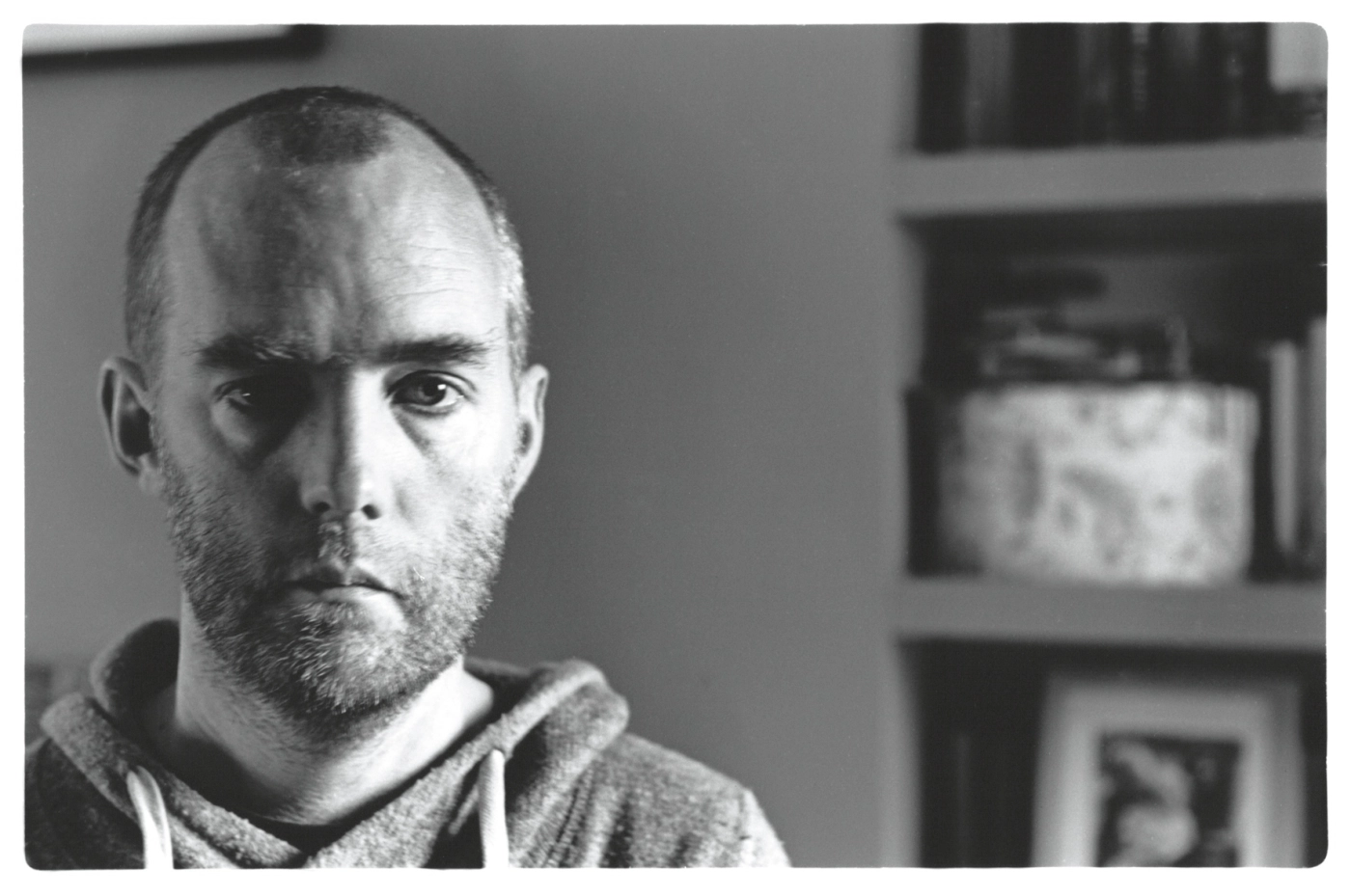Programme Note
In November 1993 I was 14 years old and practising for my Grade 6 violin. My teacher, Marilyn Shearn, took me and three other pupils to play for her old teacher, Rudolf Botta. I played Bartók’s Evening in the Village — a perennial favourite on the ABRSM Exam Syllabus. Marilyn videotaped the masterclass, and nearly 25 years later, I found this tape in a shoebox while my parents were moving out of our family home. This discovery started the process of researching and writing this concerto-of-sorts — a ‘radio music drama’ that celebrates the confluence of musical lives that led to and followed on from that moment in November 1993.
Rudolf Botta had a remarkable life. He was born in 1918 and, as a teenager, pursued two passions: violin playing and fencing. During WWII he was prominent in the Hungarian Army, and then later in the anti-Soviet resistance between 1946 and 1956. As a result, in 1952 the Soviets sent him to a labour camp and, knowing he was a professional violinist, tortured him to the extent that he was never able to play again. He was released in 1953 in the amnesty following Stalin’s death and proceeded to set up a music school in his hometown of Bonyhád, only three years later to find himself a regional leader of the 1956 revolution. Following a tip-off about his imminent arrest, he fled Hungary with his wife Leonka and their two daughters, Alexandra (Emöke) and Genevieve. They found a warm welcome in the UK and, after a short stint as a window cleaner, Rudolf became a teacher at what is now the Royal Northern College of Music. Rudolf’s gift was teaching, and over a 30-year career he touched the lives of hundreds of violinists and future music teachers; Marilyn Shearn was one of them, and Botta’s rigorous, pragmatic and inspiring teaching she, in turn, passed onto me.
Venables plays Bartók,written in 2018, is a series of musical postcards built around six of Bartók’s arrangements of Hungarian or Romanian Folk Dances and two of his own miniatures (The Night’s Music and The Chase):
- Evening in the Village
- Romanian Polka / Fast Dance — 1944, Bonyhád, Hungary
- The Night’s Music — 1946, Griffen, Austria
- Stick Dance — 1956, Bonyhád, Hungary
- The Chase — 1956, A refugee camp in Vienna
- Dance from Bucsum — 1957, Burnley
- Bear Dance — 1952, An unknown location in Hungary
- Evening in the Village (reprise) — 1938, Bonyhád, Hungary
- Standing Still
These postcards are paraphrased ‘diary entries’ that alternate between two timelines: the first is my own journey of working with Pekka, interviewing Botta’s family members and ex-pupils and reading his extensive memoirs; the second is Botta’s journey through WWII, imprisonment, fleeing Hungary and arriving in the UK. Those two histories meet at that moment when I played Bartók to Botta, 25 years ago. The hope is that I have created a piece that reflects on the ‘violin genealogy’ that connects me to Marilyn to Rudolf, and which ultimately allowed me to become a musician and to write this concerto.
Guardian article about the concerto >
Details
Text: Philip Venables / Rudolph Botta (in English)
Commissioners: BBC Symphony Orchestra / BBC Radio 3
Premiere: 17th August 2018, BBC Proms, BBC Symphony Orchestra, Pekka Kuusisto (violin), Sakari Oramo.
Duration: 34′
Ensemble: solo violin, tape (stereo) and orchestra (2.2.2.2 / 4.2.2.1 / piano.timp.3perc.soundcue operator / min:12.10.8.6.4).
Published by Ricordi Musikverlag GmbH
Buy Score >
Hire performance materials >
Press
“It could have all been so self-indulgent or pretentious, especially as the piece culminates in the audio from that childhood masterclass video, with the young Venables playing the piece with which the soloist, Pekka Kuusisto, had started the work’s journey. But there was something intensely moving, profound even, in the way the work unfolded, the mundaneness of creativity as narrated by the composer contrasting with Botta’s often searing reminiscences (spoken by actor Jot Davies), and with the music of Bartók and Venables illuminating each other, the Hungarian’s folk dance arrangements giving familiar touchstones to the musical flow. Indeed, such was the interplay between soloist, orchestra and voice-over (the latter not always ideally balanced in the hall for ultimate clarity, it must be said, and with a handful of technical glitches) that the focus at any one time was surprisingly clear-cut and connected directly to ear and brain.” — Bachtrack
“The interaction of Bartok’s music with Venables’s, and of recorded spoken text, both the excerpts and bits of the actual coaching with Botta, with one aspect prominent and then receding as the focus shifts to another (at one point I found myself remembering Stravinsky’s comment about the first time he heard Pierrot Lunaire–that he wished the singer would shut up so he could hear the music–and then at another regretted the music’s making it hard to understand the speaking), the clarity of the time shifts in the stories, and the control and balancing of density of textures, is always engaging and interesting, but the unfolding of aspects of one person’s life and how it and he then go on to impact other lives in various ways is completely compelling and very moving. It was impressive in its conception and its masterly realization, and completely satisfying as a total experience.” — Sequenza 21
“The half-hour work mixed Botta’s taped reminiscences, eight little folk-based pieces by Bartók, the tape of Venables playing to Botta and Venables’s own cluster-rich, atmospheric music. Brilliantly played by Pekka Kuususto in an otherwise unremarkable BBC Symphony Orchestra concert conducted by Sakari Oramo, the concerto was strongest when evoking the horrors of Soviet occupation, and weirdest when incorporating Venables’s commentary on how he wrote it.” — The Times

